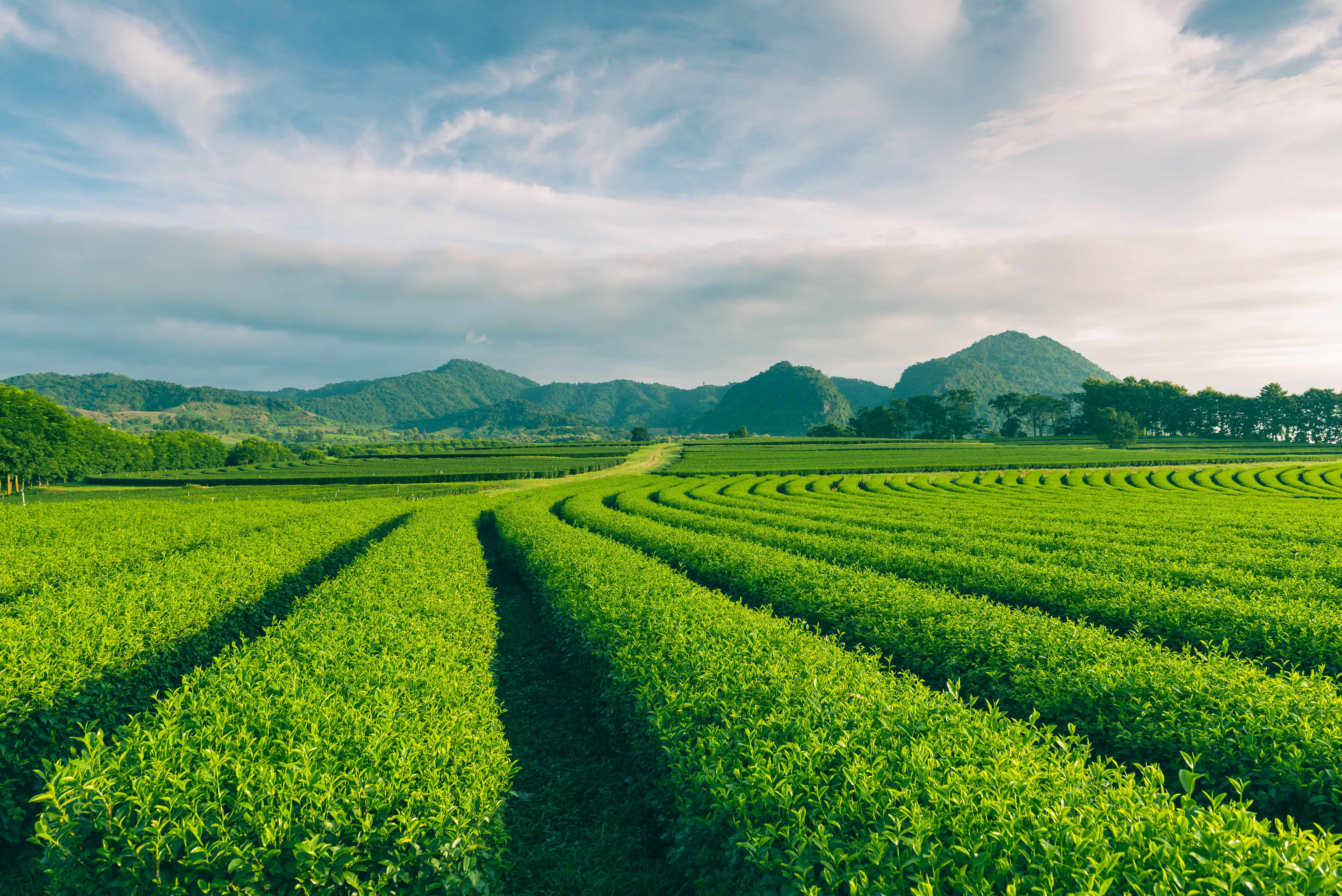South Korea has a population of approximately 51 million, with around half of South Koreans living in Seoul and the areas immediately surrounding the city. Because North Korea lies between South Korea and the rest of Continental Asia, South Korea is, to all extent and purposes, an island. As such, South Korea tends to look towards China and Japan, whilst many of the country’s population have studied overseas in Europe, the US or Canada.
Thanks to South Korea’s geographical location and highly educated population, the country’s residents have great pride in their own culture, whilst also have a keen interest in, and a willingness to try, new experiences and developments.
Animal agribusiness in South Korea
Over recent decades, South Korea’s animal agribusiness sector has undergone something of a dramatic development; transforming itself from an industry based on traditional practices, to an industry making the most of agri-tech and smart agricultural systems.
The country’s gross domestic product (GDP) from animal agribusiness, agriculture and fisheries has maintained a continuously steady level and accounts for approximately 1.75% of total GDP. Nevertheless, animal agribusiness’ and agriculture’s share of GDP is now in a continuous decline. A number of issues are responsible for this decline, including an oversupply of agricultural products, changing eating habits and an ageing farming population. As such, the South Korean Government is hoping that investment in smart agri-tech systems will provide opportunities to enhance and strengthen competitiveness; this is something in which animal agribusiness recruitment agencies in South Korea are hoping to play a part.
South Korea’s changing consumer habits
South Korea offers an excellent example of a consumer society, where purchases are often led for status and image reasons, as well as to serve primary need. As such, consumers are attracted by elaborate packaging and intricate detailing which aren’t just reserved for luxury goods, but expected in everyday foodstuffs too. The country’s most successful food and beverage brands are well aware of this, so experts with knowledge in segments such as supply chain management, packaging and product development, for example, are in constant demand.
South Korea’s consumers are exceptionally digitally competent, with over 85% of the population owning a smartphone, and over 98% of household having daily access to the internet. As you’d expect in such a tech-savvy nation, the majority of consumers are very well educated and show a high level of engagement. South Koreans expect to be able to research what they eat before buying and this is a trend which is helping encourage growth in animal agribusiness marketing, communications, formulation, nutrition and manufacturing.
Consumer habits impact upon animal agribusiness
As a result of changing consumer habits, animal agribusiness recruitment agencies like Peak Recruit are seeing a significant impact upon the structure of country’s agricultural sector. For example, the consumption of grains including rice, the country’s main agricultural crop, have fallen steadily. In contrast, however, there has been a rapid increase in meat consumption, with imports of meat and meat products doubling over the last few years. In addition, the aquaculture and meat markets are also showing positive growth.
The number of South Koreans involved in animal agribusiness, agriculture and fishing has been steadily declining for many years. The main reason for this is an economic shift towards technology and manufacturing, including the production of cars and petroleum products, to name but a few. The country’s existing agricultural population is ageing, and the industry is seen as an unpopular choice by many young South Koreans.
Possibilities for future growth
Whilst the picture may seem fairly doom and gloom for South Korea’s animal agribusiness sector, there are a number of possibilities for an increase in recruitment. The South Korean population is showing increasing concern about the quality and provenance of their food, with sales of organic food and beverage products estimated to more than double. Furthermore, according to a recent survey, most South Korean consumers have stated a willingness to pay more than 25% more organically grown and produced foods. Therefore it’s clear that organic farming is set to be at the forefront of the sector.
In addition, smart farming and agri-tech also suggest possibilities for strong growth. In 2020, the market share of smart farming was estimated to reach around 5.4 trillion. This, combined with the South Korean government’s drive to export the country’s agri-tech methods to other countries, is likely to ensure that animal agribusiness is expected to enjoy a steady growth rate.
Get in touch with Peak Recruit
At Peak Recruit we offer industry-specific expertise for businesses looking to recruit in the animal agribusiness sector in South Korea. We also work with talented individuals who are searching for their dream role.
If you would like to find out about our animal agribusiness recruitment agency in South Korea, please get in touch to speak to one of our experienced team.

